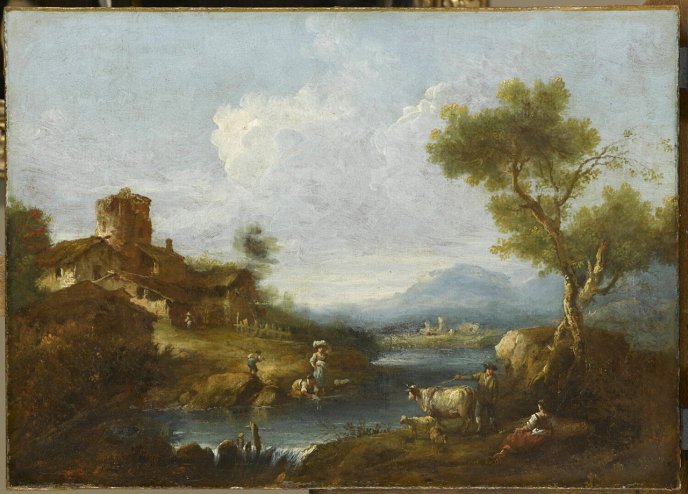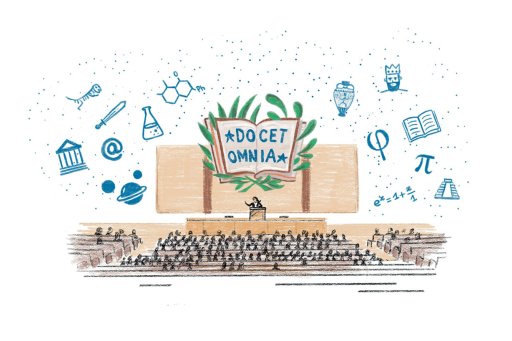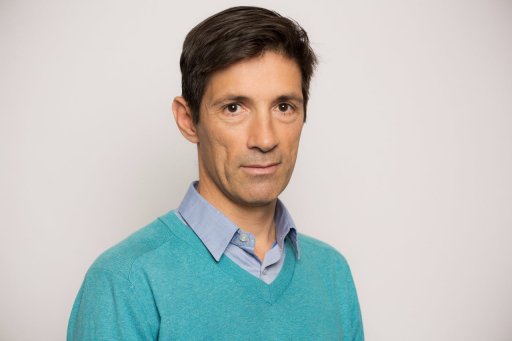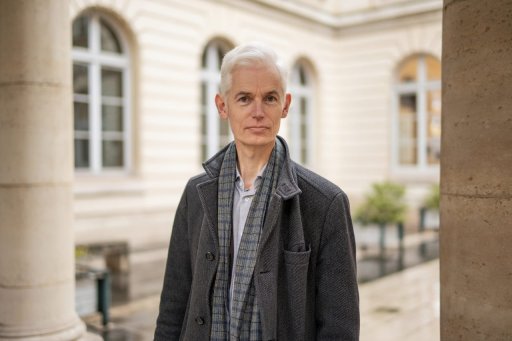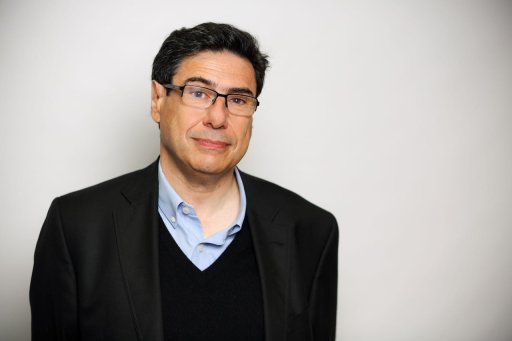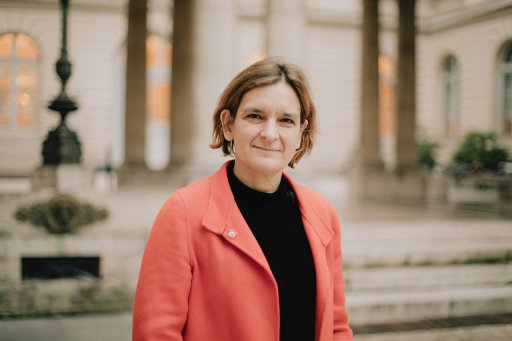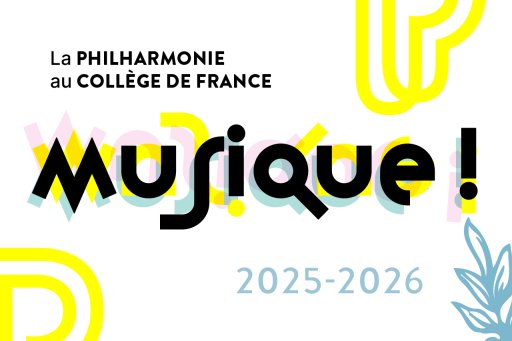Avenir Commun Durable, true to its original mission, supports the Collège de France in its research activities. In 2024, following a call for projects, the initiative has decided to support three ambitious projects. One of these is entitled "For an epistemology of inquiry into pre-industrial socio-agrosystems".
For the past twenty years, the "environmental humanities" have been a new research horizon for the social sciences as a whole. This development is closely linked to the growing contemporary concern about the destruction of the environment by the human species. However, the historicization of the relationship between societies and their environment still seems insufficient, despite the fact that it allows us to distance ourselves from the supposed evidence that distorts current debates, and to bring out concepts that are useful for re-reading the relationship between humans and the components of their living environment. Indeed, while pre-industrial agrarian societies functioned according to balances that we can - according to our contemporary categories - describe as "durables", they were not spared either by the logics of intensive exploitation or by the will to maximize the productivity of men and land, as shown by the irrigated agriculture of Lombardy between the 13th and 16th centuries.
On the other hand, the idea of a gradual conquest of hostile nature throughout the Middle Ages, leading to the reduction of European forests to the bare minimum by the onslaught of monk-clearers, has fallen by the wayside. The notions of "regime of anthropization" and "gradient of anthropization" are gradually replacing the binary reading grid that previously opposed cultivated nature and wilderness. The project proposes to take a closer look at these historicization dynamics, and to strengthen its epistemological framework by examining the case of the Lombardy Po plain in the Middle Ages.
The droughts of the summers of 2022 and 2023 dramatically highlighted the dependence of Lombardy's agriculture on the flow of the River Po. Lombardy's agriculture is highly irrigated, and has been since the 12th century, when the first major canal-digging projects were recorded, linking the city of Milan - which had no waterways - to the surrounding hydrographic network (the Ticino and Adda rivers, the Po and Lake Como). The digging of these great canals was the result of a political and economic will supported by the most important regional players: the Commune of Milan, ecclesiastical institutions and the families of landowners who owned the area.
The research project therefore aims to explore how it is possible to historicize the relationship between societies and their environments, with a particular focus on the processes at play in the medieval period. The aim is to lay the theoretical foundations for an epistemological convergence between the environmental humanities at a time when research on these issues is booming.
The project is led by Patrick Boucheron and François-Xavier Fauvelle, both professors at the Collège de France.
The Avenir Commun Durable initiative is supported by the Collège de France Foundation, its patrons FORVIA and Saint-Gobain, and its major sponsors La Fondation Covéa and TotalEnergies.



